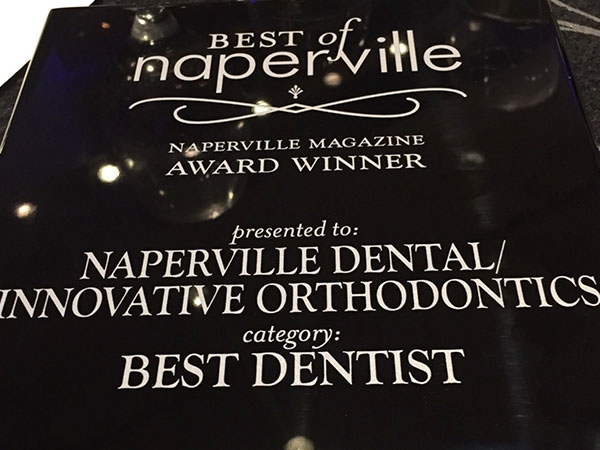My sister has worn dentures for 25 years and her face has sagged something awful. She is now 62 years old and going to see plastic surgeons for a facelift. Everything else she has tried hasn’t worked. Some of our Canasta club members are going through the same thing. One of the members insists that she read of you change your dentures more frequently they will keep your face from sagging. Although I had taken pretty good care of my teeth, I ended up needing dentures two years ago. I got cosmetic dentures so I like the way they look. Although they weren’t cheap I will get them upgraded as often as I need to if it will help control the facial sagging. I don’t want a plastic surgeon cutting on my face at all. I would rather pay for new dentures more frequently. How often do I need to change them? Thanks Lora
Lora- When all of your teeth are missing, your jawbone shrinks. The bone shrinkage is what causes facial sagging, because your jawbone supports your facial muscles. Complete removable dentures can last five to eight years, or longer. But the bone shrinkage will still occur even if you replace your dentures more often.
In order to prevent jawbone shrinkage, the bone must be stimulated. Dental implants are surgically placed in your jawbone, and their effect is much like natural tooth roots. The implants stimulate the bone and prevent it from shrinking. Implants can be used to support your dentures. As few as two of them can stabilize your dentures and stimulate your bone, but if your goal is to prevent jawbone shrinkage, you’ll get better results with six to eight implants.
It is possible that your current dentures can be modified to accommodate dental implants. Before you ask for new dentures, speak with an experienced prosthodontist about the possibility of having your current dentures supported by implants. If your dentures are in good condition, it might be possible to use them. Schedule a consultation with one or two prosthodontists to discuss your options.
This post is sponsored by Naperville board-certified prosthodontist Dr. Anthony LaVacca.

































